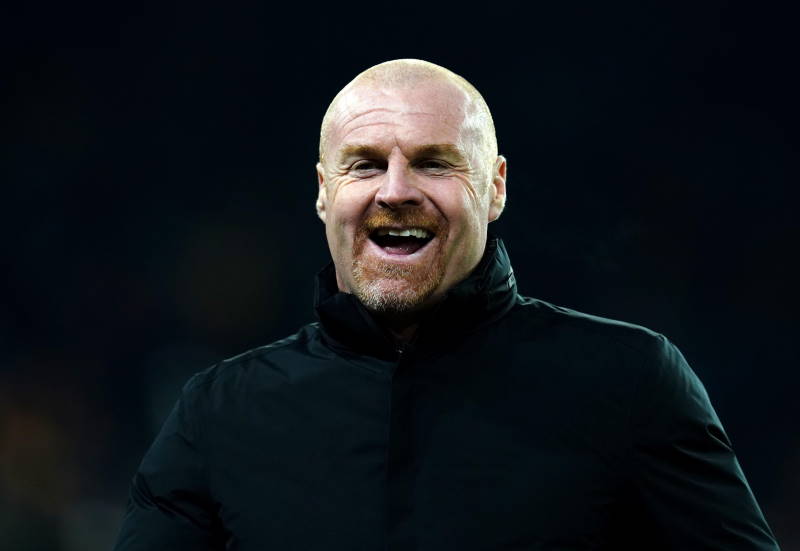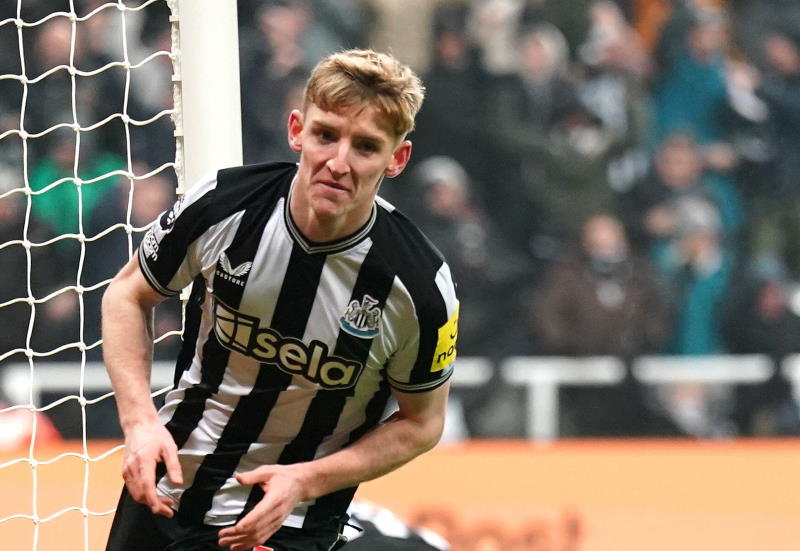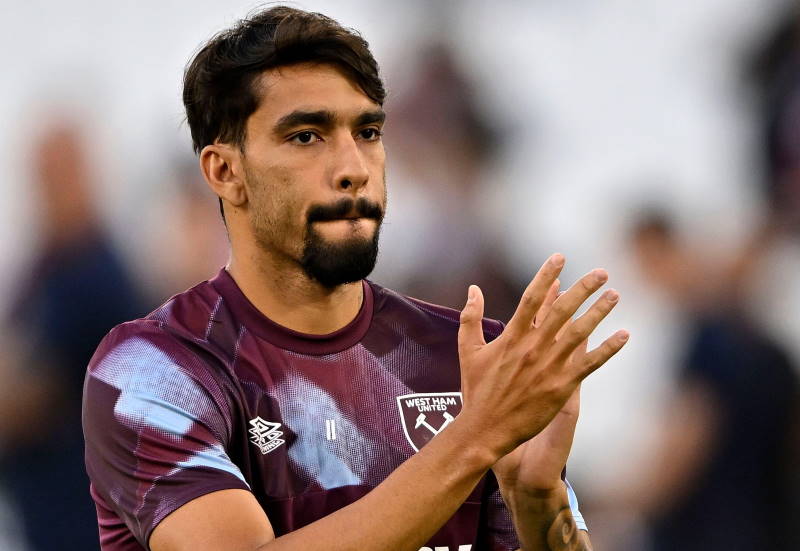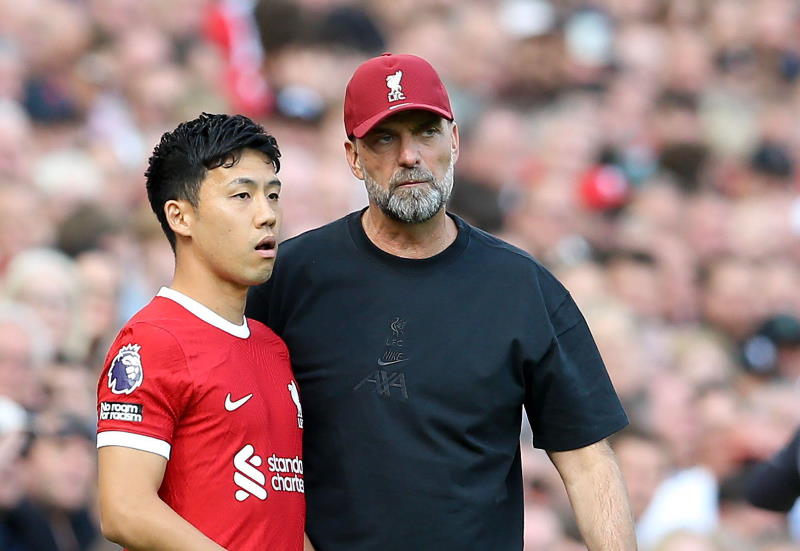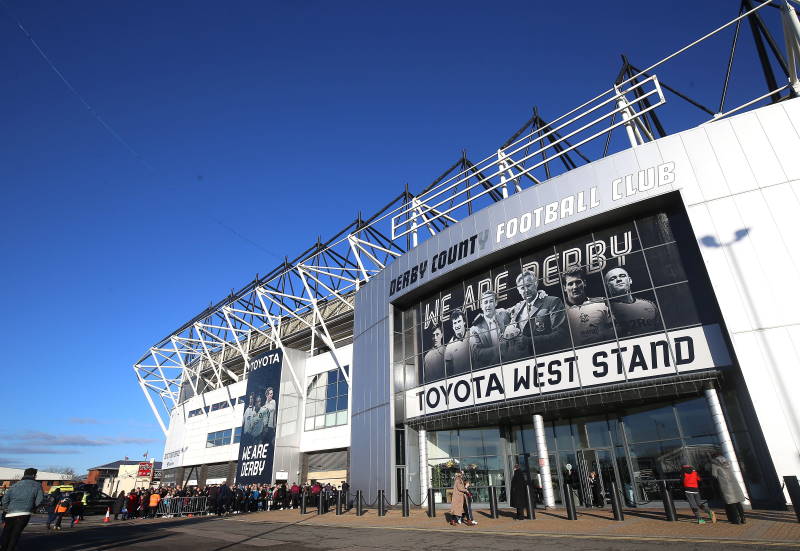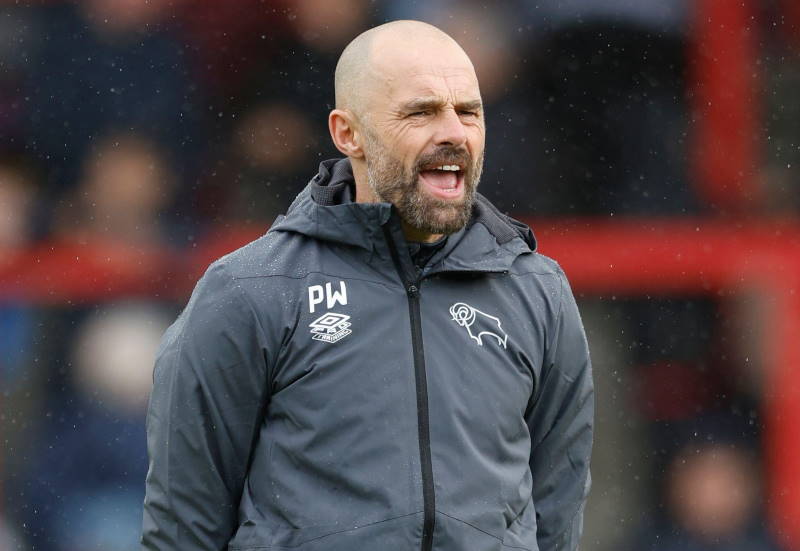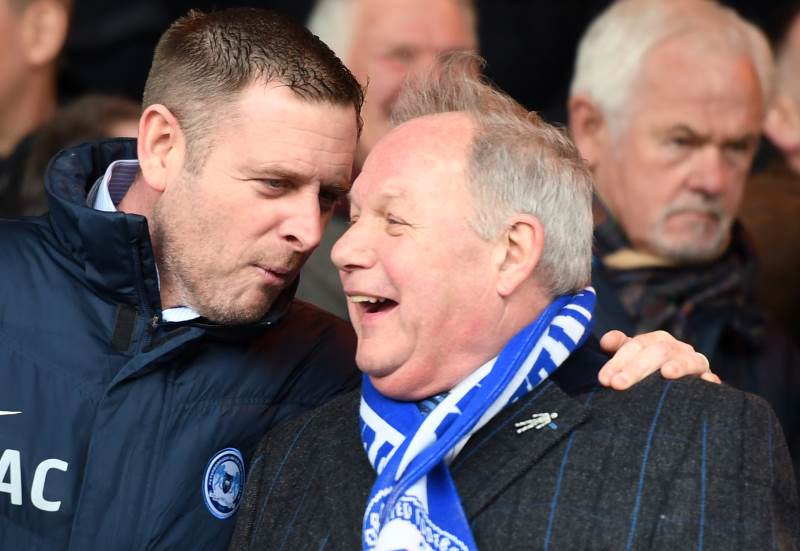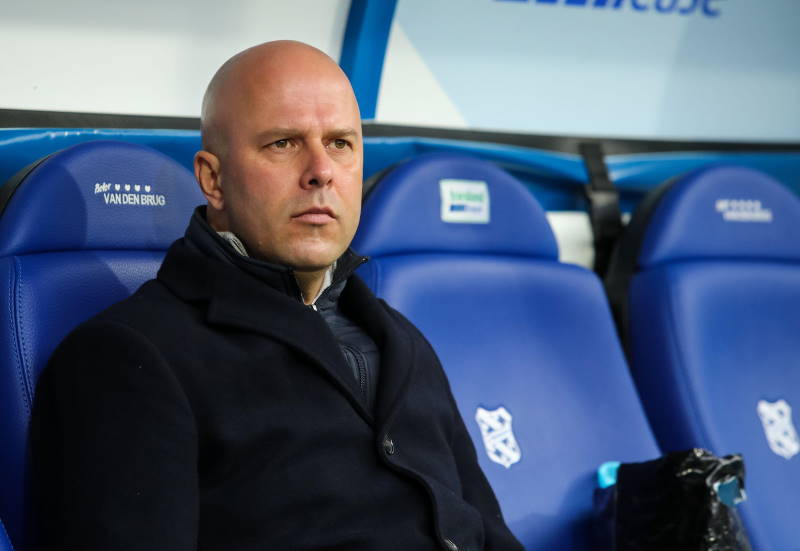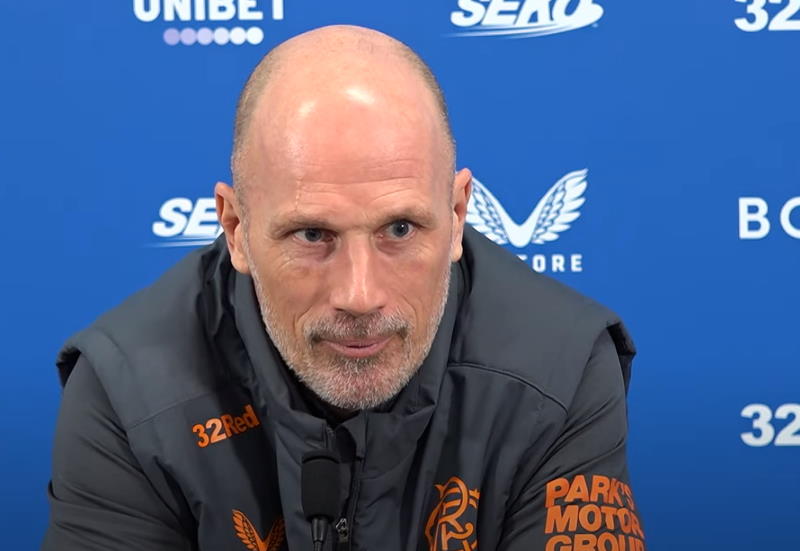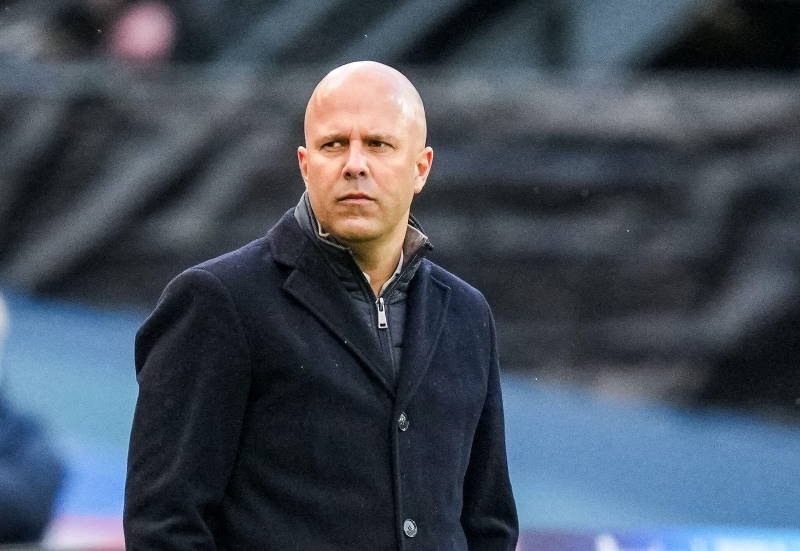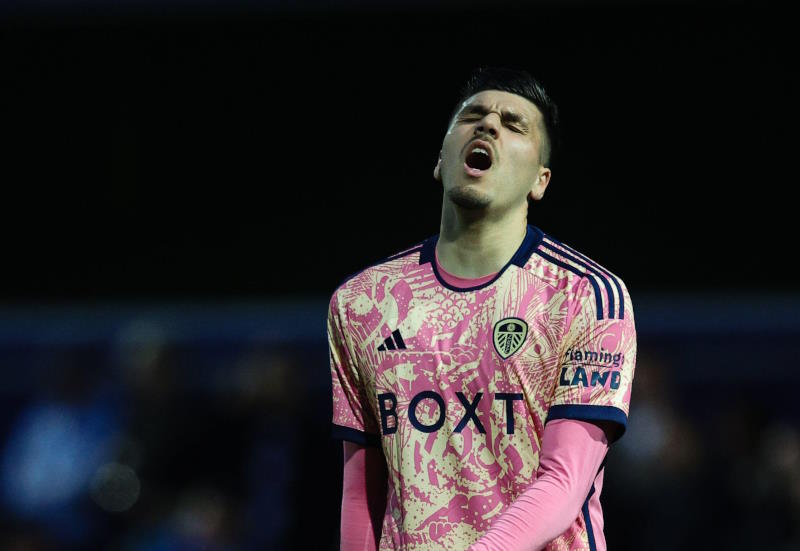
Rob Dillon
Despite the club’s remote location, more than a day’s train journey from the Moscow centre many of its supporters detest so fiercely, Alania Vladikavkaz remain one of Russia’s most well-known teams, despite possessing just a single league championship and not coming even close to the financial backing enjoyed by the giants of Moscow, St Petersburg and the newer powers – Kazan, Makhachkala, Krasnodar. In most countries, Alania would stand out as an anomaly, and yet in Russia, their situation is wholly understood.
Part of the reason is undoubtedly the club’s famous championship win in 1995, Valery Gazzaev’s team pulling off something of a miracle in the circumstances, a remarkable effort to become the only side in an entire decade to stop Oleg Romantsev’s invincible Spartak Moscow outfit taking the title. Of that team, the vast majority were brought up in and around Vladikavkaz in North Ossettia, with a strong homegrown core and the bulk of those remaining drawn from small local clubs. Few went on to bigger things, despite the fact that the spotlight accompanying the title saw the squad picked apart by the vultures of European football. Alania would never repeat the feat, but the 1995 group is still fondly remembered today.
That title win made the events of the following seasons all the more depressing for the Alania faithful – a runners-up spot the following year was followed by a miserable 10th place as the meat of the squad was ripped away and the carcass which remained simply incapable of challenging for honours. From 2000 onwards, Alania slipped a position every season and having started with a 10th place finish, found themselves falling through the relegation trapdoor five years later.
Dark days were to follow – after a long-running debate over how to structure the First Division, Alania were initially denied a license to compete, before apparently being re-admitted in an expansion of the existing system. However, less than a week before the start of the 2006 campaign, the decision was reversed and Alania found themselves without a place in the professional game. A hasty re-structuring of the club, something of a trademark in the Russian game, saw Spartak Vladikavkaz admitted to the regional Second Division and a near-perfect season allowed the ‘new’ club back into the First Division. The name was changed back to Alania and three years later the former champions were celebrating a return to the top flight, the collapse of FC Moscow creating a void which Alania quickly filled. It was not to last – 15th and relegation ended the Alania dream before it had even begun, and another First Division campaign loomed large in North Ossetia.
At that point, the changes began to ring. Out went almost the entire backroom staff, and in came the man who remains a hero in Vladikavkaz to this day – Valery Gazzaev. Not as manager this time, but as the club’s president, completing his transition from centre forward in the 1970s to something of a cult leader, his title win forgiving any past or future sins. In the dugout, Vladimir Shevchuk saw not a sacking but a demotion for overseeing the club’s relegation – he would become the new manager’s assistant and right-hand man.
Coming in would be the final piece of the dynastic jigsaw, as Valery’s son Vladimir was appointed as the club’s new boss. At just 31 and with no previous managerial experience – his only previous coaching role was as Shevchuk’s assistant – his appointment was one of the most blatant attempts at sporting nepotism in recent memory, and yet at Alania, the Gazzaev name permits almost anything. A few whispers of protest were heard in the North Ossetian capital, but there was no changing the mind of Alania’s new president.
The decision was rapidly justified, as under the young Gazzaev’s leadership Alania reached the final of the Russian Cup, a remarkable achievement for a second tier side. Furthermore, the former champions did so without scoring or conceding a single goal in the tournament – three penalty shootout wins and a walkover after the liquidation of Saturn Ramenskoye earning both the right to face CSKA Moscow and a spot in Europe, given their opponent’s league-based qualification. On the day, Alania’s fans were outnumbered five to one and their team outclassed as the capital side ran out 2-1 winners, but it was a promising start.
The league season itself went almost as expected – Alania were too good to stay in the First Division and over the elongated transitional season, their quality showed in the end, but only just. Gazzaev’s men were beaten to the title by the World Cup money of Mordovia Saransk, whilst FC Nizhny Novgorod ran them close before slipping away in the final weeks. Top scorer Marat Bikmaev, a tricky Uzbek winger who has since left the club, hit just 11 goals in 52 games as Alania struggled up front, but it was enough.
The challenge starts again now for Alania, who despite their relatively lowly standing, will be able to count on one of the country’s highest attendances as they welcome the likes of Zenit, CSKA and Spartak to the Caucasian borderlands. The main player in the unofficial alliance of Caucasian clubs – Terek Grozny, Spartak Nalchik and Anzhi Makhachkala all enjoying support against sides from the capital – Alania attracted an average of 12,000 to watch second tier football, with their last top flight campaign placing them third in the national attendance league. The support is loyal, unwavering and hostile to travelling sides, and will prove crucial to the side’s survival hopes this season.
If Alania play as they are capable of doing and take advantage of their vociferous support, they will stay up. The challenge for Valery Gazzaev now is to establish just how far his inexperienced son can take the club before the dynasty starts to be unsettled. The fans would forgive the elder Gazzaev anything, but his son has not yet earned that right. Another relegation would be disastrous for Alania, whilst a strong mid-table finish could serve as the ideal stepping stone to restoring former glories. They may seem distant and unreachable, but with a Gazzaev at the helm, Vladikavkaz dares to dream.

